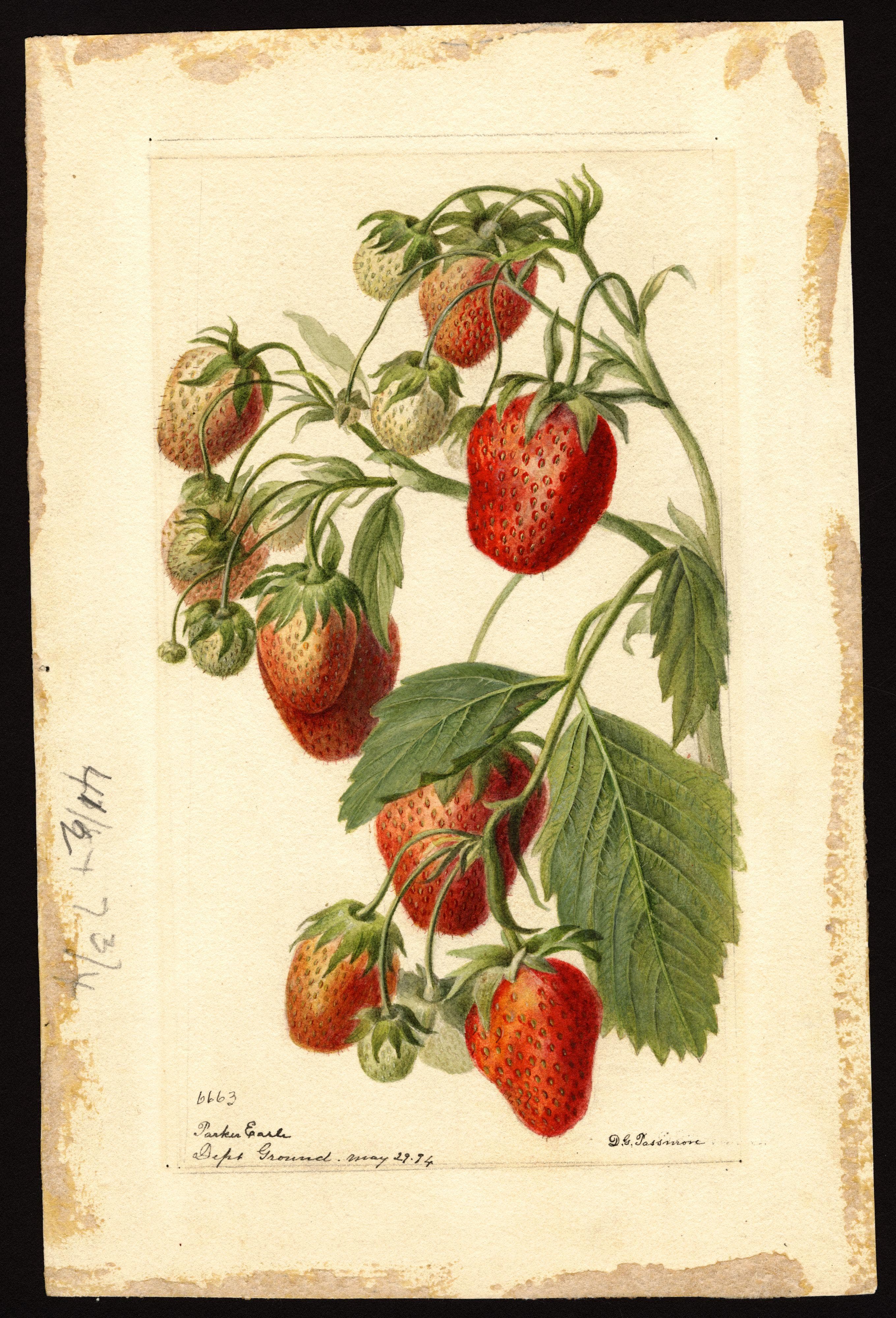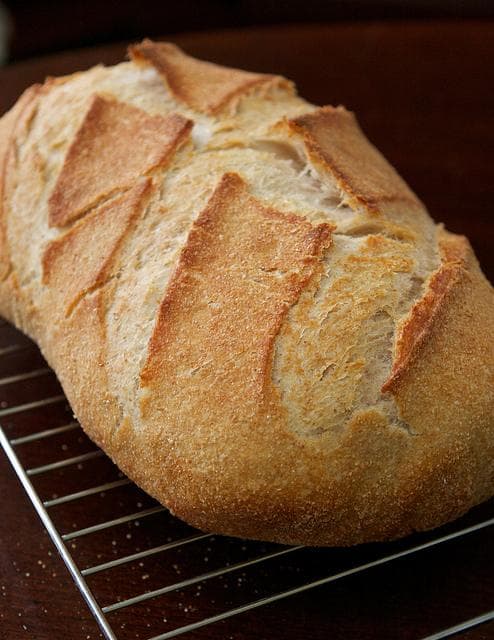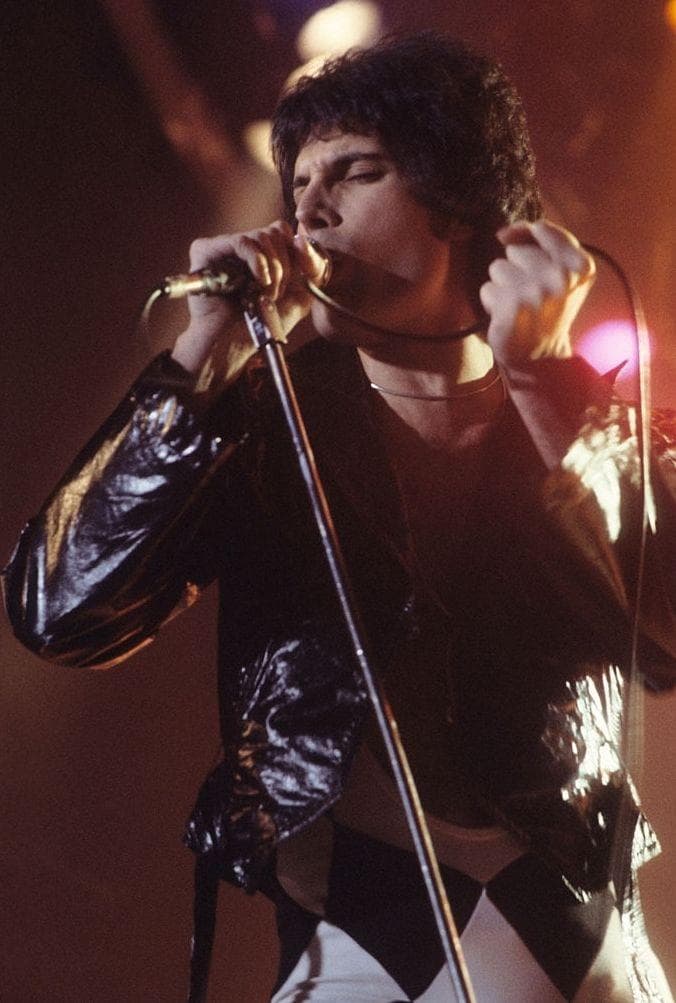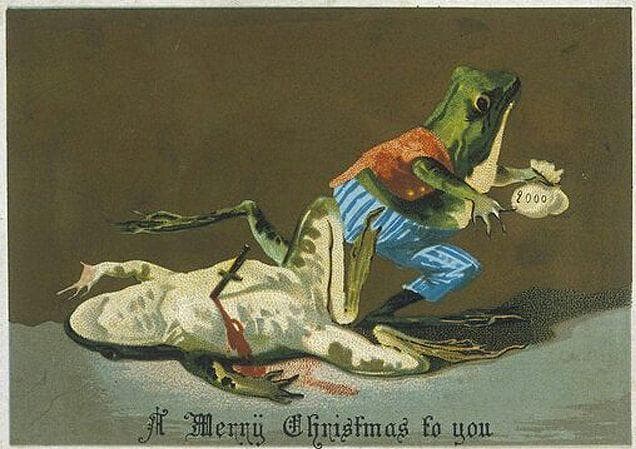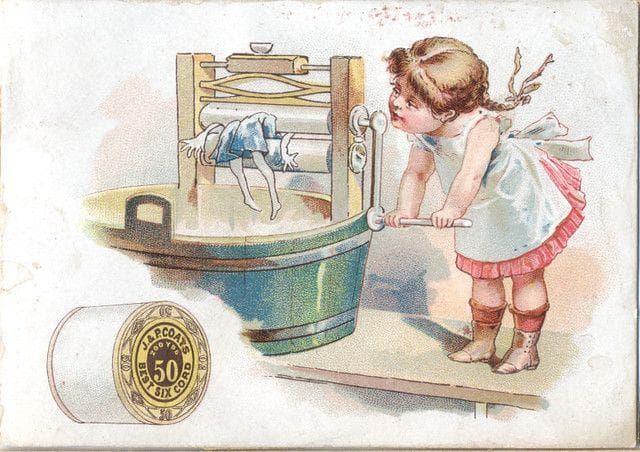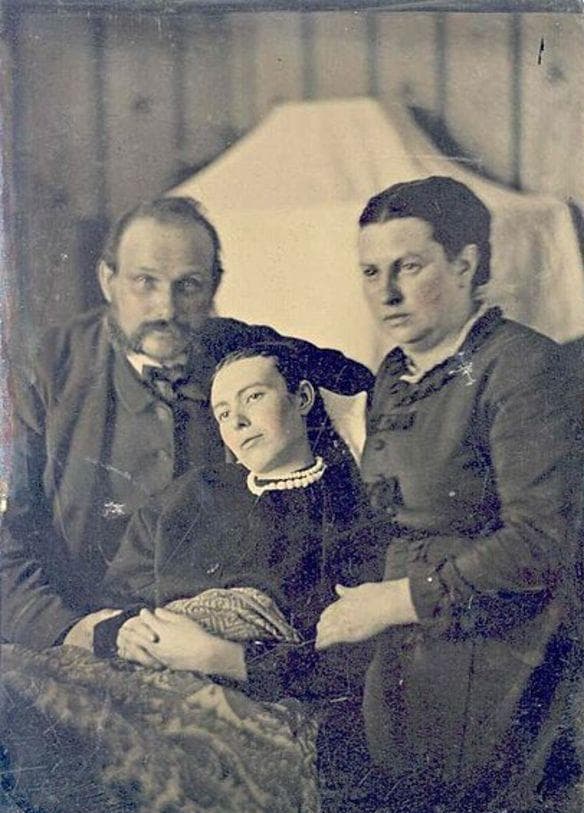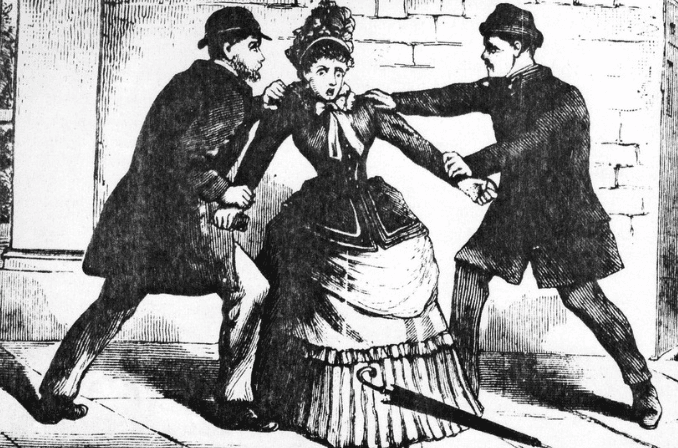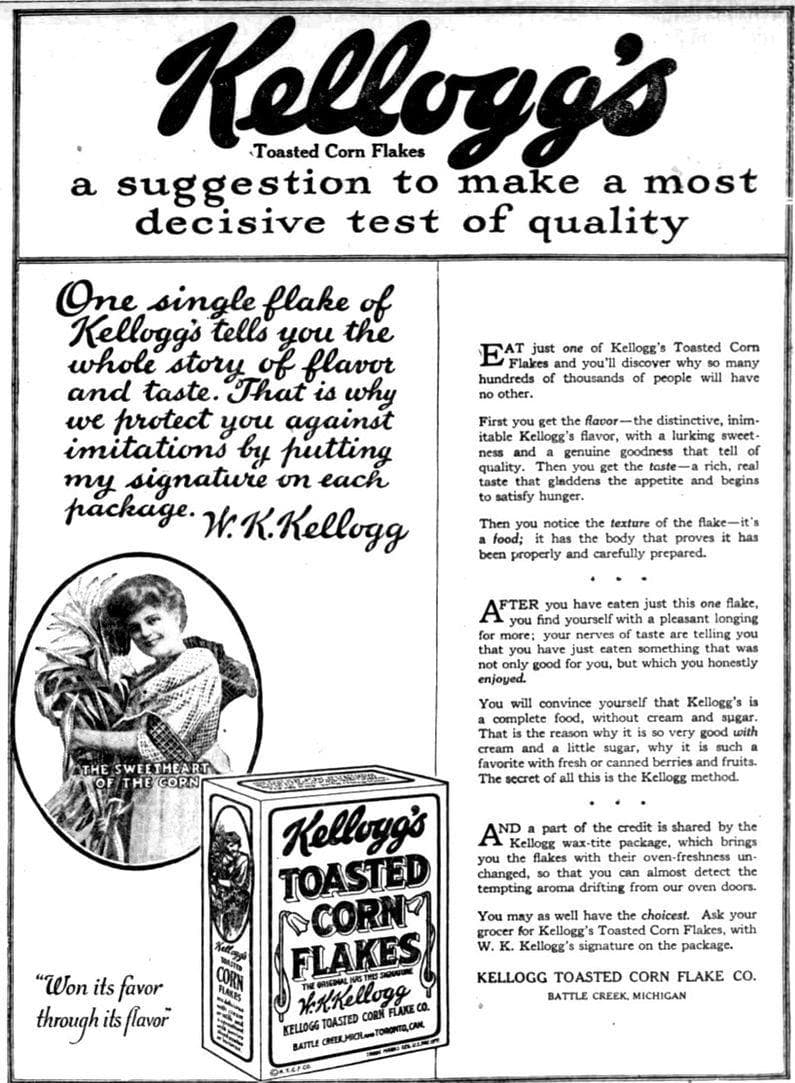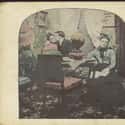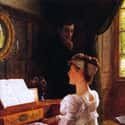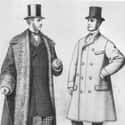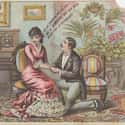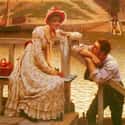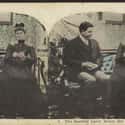-
(#14) Parents Should Be Familiar with Their Daughter's Associates
Our Deportment: Or, The Manners, Conduct and Dress of the Most Refined Society (1879) advises parents to be “perfectly familiar” with their daughter’s associates and suitors, which sounds reasonable enough, but there’s a Victorian twist. These daughters, of course, have no self-control whatsoever: “In regulating the social relations of their daughter, parents should bear in mind the possibility of her falling in love with any one with whom she may come in frequent contact.”
The advice continues, advocating the shunning of any guy in your daughter’s orbit that is “particularly ineligible,” whether he’s interested or not, suggesting that the poor hypothetical schmuck “be excluded as far as practicable from her society.”
-
(#9) Women May Have Some Excuse for Coquetry, But a Man Has None
The Illustrated Manners Book: A Manual of Good Behavior and Polite Accomplishments (1855) reminds men to not act like women and exhibit trifling flirtations: “No gentleman should permit a lady, whom he likes, but does not love, to mistake for one hour the nature and object of his intentions.” Women are allowed “coquetry,” but men have no excuses for such womanly behavior.
Interestingly, the blame is subtly shifted away from the man and onto the woman and her friends: “To allow an innocent girl to deceive herself, or, as is more commonly the case, to be deceived by the badinage [humorous or witty conversation] of her companions, into the idea that you are her lover, and intend to propose marriage, is ungentlemanly.” So it’s ungentlemanly to flirt with a woman you like but don’t love, but most often the woman’s friends deceive her or she deceives herself. So no biggie.
But the advice takes a bizarre turn, warning of “two results” of this ungentlemanly behavior: “Either, having engaged the affections, and excited the hopes of the lady, you will feel compelled to marry her, or you will be disgraced, possibly cowhided [whipped], or shot.” You’ve been warned: flirting could get you killed.
-
(#3) Be a Thorough Manly Man
The author of The Marriage Guide for Young Men: A Manual of Courtship and Marriage (1883) doth protest too much, methinks and advocates for men to be “thorough manly men,” since “nothing can take the place of true genuine manhood.” (Nothing!) Women, it is argued, prefer a “backward, awkward, and even a little uncouth” manly man over a “polite, agreeable dandy.” Men of the time were told to not frequent “the haunts of disreputable women” or spend time “ruining weak-minded girls,” but instead “harden your hands and smut your face at honest work.”
In case the message wasn’t clear, the book also advises men to “engage in every manly exercise, so that all who look upon you will be compelled to say, ‘There is a man.’”
-
(#2) Accepting Presents from Gentlemen Is a Dangerous Thing
The Young Lady’s Friend (1837) advises young ladies that accepting presents from guys will lead them on. “Some men conclude from your taking one gift that you will accept another, and think themselves encouraged by it to offer their hearts to you,” the reasoning goes, setting up this rule of thumb: “Make it a general rule never to accept a present from a gentleman.” Never? That’s harsh. Why? “You will avoid hurting anyone’s feelings, and save yourself from all further perplexity.”
What about anonymous gifts from dudes? Surely those are okay, right? Nope: “When this is the case, it is a good way to put them by, out of sight, and never to mention them.”
-
(#4) In Public, a Gentleman Should Show Constant Attention to His Intended
Cassell’s The Hand-book of Etiquette (1860) says engaged men should not only “show constant attention” to their “bride-elect,” they should also “neither in company nor elsewhere... flirt with any other lady.” Sound advice, right? But there’s a Victorian twist: “On the other hand, he should avoid, even to his bride-elect, those marked attentions and endearments that would excite in strangers a smile of ridicule.”
So no public displays of affection? Bummer. Then there’s this: “Engaged lovers may exchange portraits, presents, and locks of hair.” So no PDA, but please: exchange hair.
-
(#1) Do Not Try to Make Love to Every Woman You Meet
This is sound advice regardless of the era you live in, right? But it’s important to note that this pearl of wisdom from The Marriage Guide for Young Men: A Manual of Courtship and Marriage (1883) isn’t referring to intercourse. “Make love” to Victorians meant instead chaste courtship or wooing. This advice is offered under a heading titled “Do not carry your politeness too far.”
Gentlemen were advised to not assume that “every young lady is ready to fall in love with you.” It goes on to say that when you do find a lady ready to “make love,” you should “maintain a dignified reserve” or else your behavior will “belittle you in the eyes of sensible people, and perhaps spoil your prospects for desirable match.” In other words: keep it together, Pepé Le Pew.
New Random Displays Display All By Ranking
About This Tool
When it comes to interactions between men and women in the Victorian era, society had many cumbersome and strict social etiquettes. The best place for unmarried men and women to meet can only be on public social occasions such as church dinners and festive dances. In social situations, women can use various personal items such as fans, parasols, and gloves to convey their true feelings to a man. In the 1960s and 1970s, free love began to prevail, which meant a sexually active lifestyle.
For people in the Victorian era, marriage was just a way of life. They have the right to choose whether to marry, to marry late, or not to marry, and have the right to chase their lover throughout life. The random tool introduced 15 etiquettes about how to hook up in the Victorian era.
Our data comes from Ranker, If you want to participate in the ranking of items displayed on this page, please click here.

